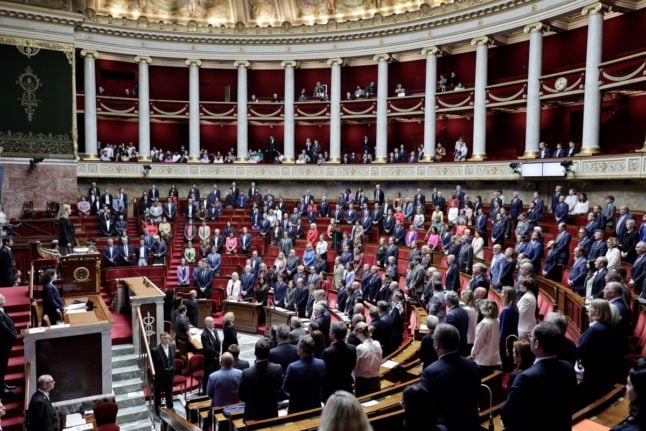After five separate days of protests so far this year, this week’s stoppages herald a new phase in the battle between the centrist government and opponents of the changes, which includes an overwhelming majority of French voters.
“We always said that we would go into a higher gear if necessary,” the head of the influential hard-left CGT union, Philippe Martinez, told the Journal du Dimanche newspaper on Sunday. “It will be the case on Tuesday.”
More than 260 demonstrations are expected nationwide, many in small and medium-sized towns where opposition to the reform is strong, while strikes will affect transport, the energy sector and public services.
Police are expecting between 1.1-1.4 million people to hit the streets, a source told AFP on condition of anonymity.
The upper limit of that range would represent the biggest day of protests in decades, higher than the 1.27 million who took part in demonstrations on January 31st, and bigger than previous pension reform protests in 2010.
Unions representing workers on the national SNCF railways, the Paris metro and the energy sector, including refineries, have called for rolling strikes for the first time, with other industries expected to join in.
All eight major French trade unions have called for the stoppages to bring the country “to a standstill” on Tuesday, with shopkeepers also encouraged to down shutters.
“The 7th (Tuesday) is going to be very difficult,” Transport Minister Clement Beaune admitted on Friday, calling on workers to stay home where possible.
Unfair reform?
Macron’s plan to raise the official age of retirement from 62 to 64 is a flagship policy of his second term in office, which began last year after he defeated far-right leader Marine Le Pen.
He has called the change “essential” because of deficits forecast for the system for most of the next 25 years, according to analysis by the independent pensions ombudsman.
France also lags behind its neighbours and other major European economies where the retirement age has already been hiked to 65 or above to reflect higher life expectancy.
But opponents see the changes as unfair, penalising low-skilled workers who start their careers early, while reducing the right to leisure and a long retirement at the end of working life.
Labour Minister Olivier Dussopt insisted in an interview on Saturday that 1.8 million low-income retirees would see their pensions increase by up to 100 euros a month from September if the reform is enacted.
“That won’t make them rich, but it’s a substantial effort that has never been carried out despite announcements over the last 20 years,” he said.
Countdown
Time is running out for the unions and other opponents of the reform to force the government into a U-turn.
The legislation has already been discussed in the lower house National Assembly, and is currently being debated in the upper-house Senate, where it is expected to be amended but approved.
A final vote from both chambers is expected from the middle of March and by March 26th at the latest.
Macron has faced numerous challenges from the unions in the past and, almost without exception, has succeeded in pushing through his pro-business agenda and social security reforms.
The former investment banker, often accused of being aloof and out of touch, has tasked Prime Minister Elizabeth Borne with being the face of the pension reform and leading negotiations with opposition parties and labour leaders.



 Please whitelist us to continue reading.
Please whitelist us to continue reading.
Member comments